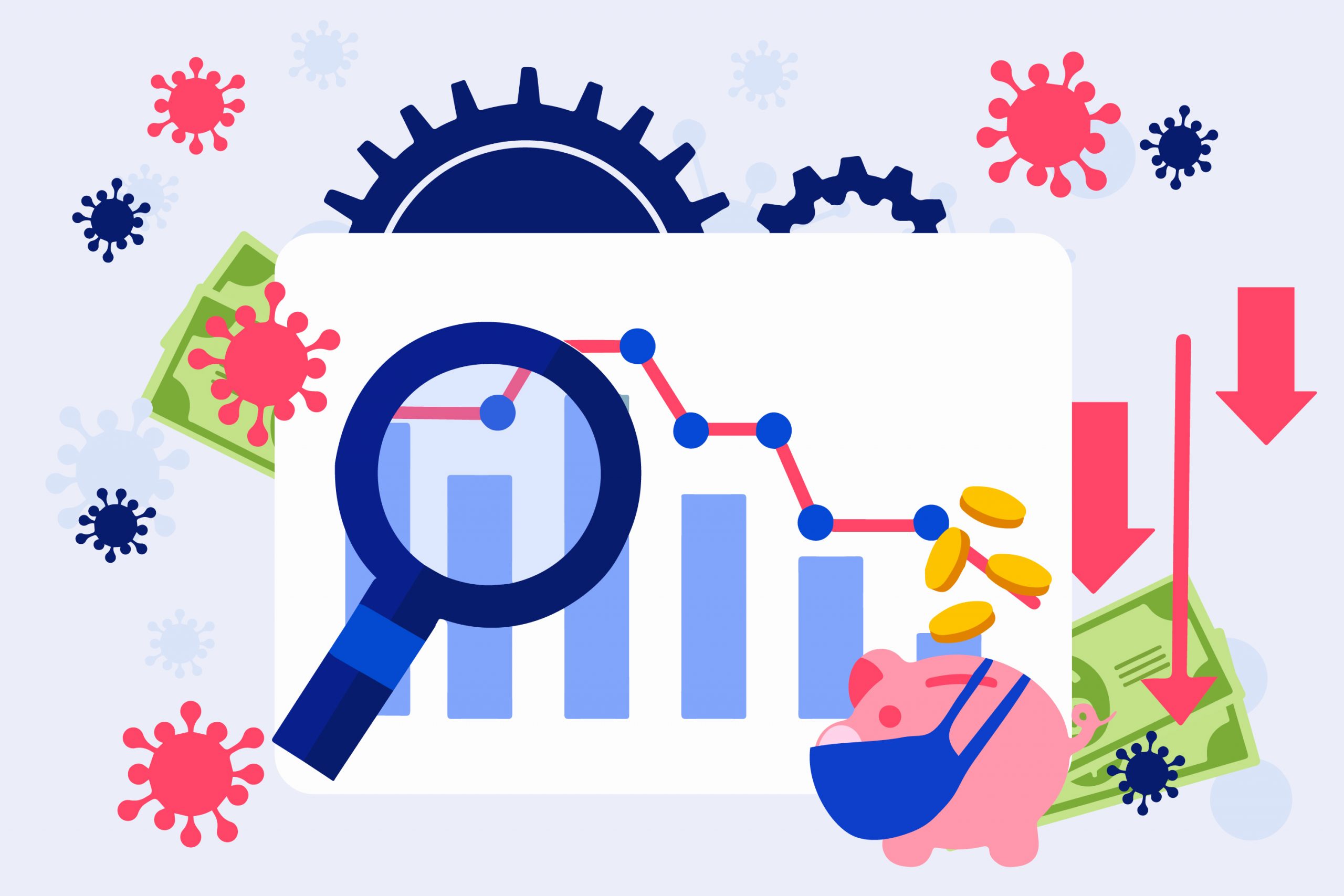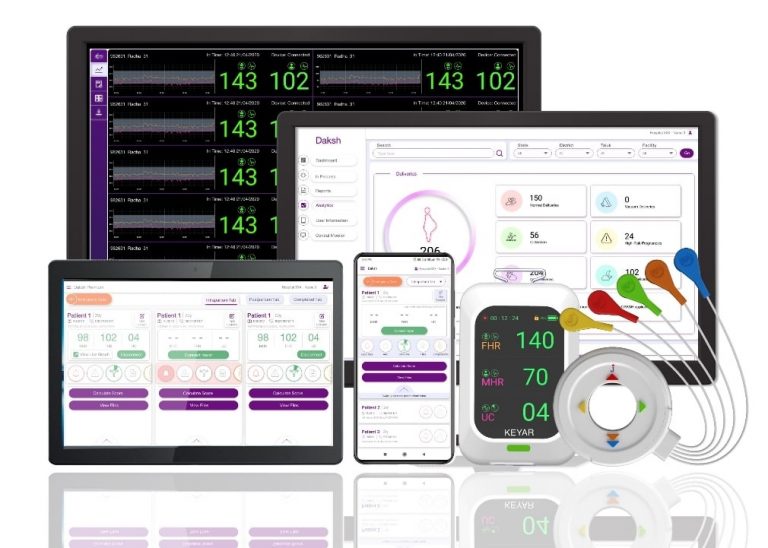What are Some Impact Measurement Frameworks For a Healthcare Social Enterprise?
Alarming research published in the British Journal of Healthcare Management revealed that 39.8% of organisations in the health and social care sector in the United Kingdom did not measure their impact. The awareness for impact measurement frameworks in India is even less, and the importance of such impact measurement cannot be stressed enough.
To understand more about this issue, we spoke to Ms Anushree Parekh, a social impact consultant who is the Director of Philanthropy and Impact at Waterfield Advisors (a boutique wealth advisory and multi-family office) and an Advisor with Samhita Social Ventures (a social sector consulting firm).
In this article, we will talk about a few popular impact measurement tools for healthcare social enterprises that a social impact organisation can adopt. It is essential to do so due to multiple reasons. Some being:
- Helps assess and improve the overall performance of a social enterprise.
- Offers clear insights on what needs to be changed and what is working.
- Encourages accountability.

Some Popular Impact Measurements Frameworks to Consider
Talking about what frameworks she prefers, Anushree says, “There are two frameworks that have wide acceptability. The first is the IRIS+ indicators framework, and it does have certain indicators for healthcare specifically. A lot of the focus is on how well-governed is the startup itself and how strong are its products and services. The other framework is the Impact Management Project. They have some great resources and templates for startups, especially social enterprises, to articulate different categories of impact and what they need to follow.”
Furthermore, she also adds, “I’d also like to mention a third framework, the Theory of Change Framework, which is majorly used in the non-profit world but can be quite useful for social enterprises as well. It lets you make logical connections; it is more about devising a logical pathway to make your intent become an action.”
- IRIS (Impact Reporting & Investment Standards):
A framework from the Global Impact Investing Network (GIIN) aims to integrate environmental and social factors into investment decisions. IRIS+ makes it seamless for impact investors to measure, manage and optimise their impact.
- Core metric sets to increase data clarity and comparability. The tool collects data from organisations anonymously, allowing users to choose what metrics to incorporate.
- Updated catalogue of metrics used by leading impact investors.
- Thematic taxonomy, based on generic impact categories to help define a company’s performance.
- Curated resources with practical guidance to align with UN’s Sustainable Development Goals and other conventions.
- Lean Data
Created by Acumen to measure the impact their investments created on the people from the low-income group, Lean Data approaches are an innovative way to get insights.
- It is a customer-centric impact measurement framework.
- It uses lean experimentation principles to collect and aggregate high-quality data much faster than other methods.
- It aids better decision-making by giving on-ground reports.
- It can help in collecting patient-reported outcome measures (a person’s perception of their own health through questionnaires)
If you want to see lean data in action for impact measurement, Acumen’s interesting Energy Impact Report will prove to be useful.
- GIIRS (Global Impact Investment Rating System):
Developed by a non-profit, B-Lab, it is also an impact ratings and analytics tool. It uses its own criteria + IRIS metrics to measure a company’s impact.
- It measures the impact of a business on all the stakeholders involved.
- It measures all the ways through which a company can be making an impact.
- 15,000 users in 57 countries across 176 industries have used GIIRS. It is the gold standard for impact measurement.
- It has bronze to platinum (four levels) of impact model rating and one to five stars for impact operations rating.
B-Lab’s B Analytics integrated an impact assessment tool called PULSE into its platform. IT was originally co-developed by Acument to help impact investors collect, manage and report on portfolio data.
UN's 17 Sustainable Development Goals (SDGs)
As a practice, social enterprises have adhered to UN’s SDGs, and these have formed important impact measurement parameters. These 17 goals are:

The SDGs are a framework in itself. They talk about the most critical challenges of humankind that are often addressed by a social enterprise in the healthcare sector. About 40% of impact investors today monitor the performance of their investments through these SDGs.
Start Your Impact Measurement Journey Today
“MedTech has different categories, preventative, diagnostic and curative, each requiring a different impact measurement approach. Existing measurement frameworks focus on more on organizational profile and customer characterisitcs, not so much on health outcomes per se. Enterprises with B2C models find it easier to measure impact than B2B because the final social impact is indirect. There is a lack of secondary data or research in India that can help healthcare enterprises in benchmarking impact,” comments Anushree while talking about the current condition of impact measurement in India.
Impact measurements offer unparalleled value to your social enterprise, especially in the healthcare sector. Are your products and services bringing about any difference on the grassroots level? What percentage of healthcare problems are solved with people belonging to a certain demographic profile? Without using at least one of these tools, you won’t be able to answer more questions like these or assess how your investments are doing.
These frameworks aid any social impact entrepreneur, especially when it comes to securing a grant or funding for the market launch or expansion. They help solidify your idea. So if you haven’t started, start now.
Subscribe to Newsletter
Recent Posts
- Bridging The Gaps Between Treatment and Diagnosis: The FastSense Approach
- Embedded Finance in Healthcare Industry in India: Collaboration with FinTech and MedTech Companies
- Thermaissance: Where Healthcare and Quality of Life Meet
- Case Study: TeraLumen
- Emerging new business models in the MedTech industry in India







